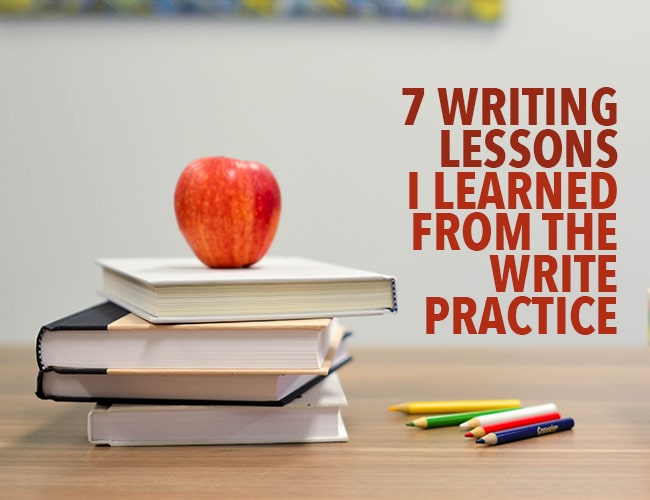
by The Magic Violinist |
This week, we lost an incredible writer. Toni Morrison was a novelist, essayist, editor, professor, and winner of the Nobel Prize for Literature. Her perhaps most well-known book, Beloved, won the Pulitzer Prize for Fiction and was made into a movie starring Oprah Winfrey.
In honor of Black History Month, I want to share five quotes from black authors that are sure to give you the push you need to write something fantastic.

by The Magic Violinist |
Every writer deals with procrastination. It’s one of our key traits. We put off the next chapter, the next article, and wait until our deadline is just a few days away. Then we frantically type away at the keyboard, hoping that we have enough time to edit it before it’s too late.
But why do we procrastinate?

by The Magic Violinist |
Goals can help you do a lot of things. They keep you focused, they help you strive to be better, and they challenge you.
There are several different kinds of goals you should set for yourself. I’m thinking of three specifically. And trust me when I say they’ll help you immensely.

by The Magic Violinist |
It’s with a bittersweet tone that I write this post, because it will be the last one I write for The Write Practice for a long time as I get ready for my first year of college. I’ll call this a “soft goodbye” since this is technically my last post, but it definitely will not be the last time I “hang around” The Write Practice. I’ve learned so much in the seven years I’ve contributed to this fabulous website and I still have so much to learn. I thought I’d share seven of those writing lessons with you now.

by The Magic Violinist |
Have you ever come across a line of poetry that was so clear, you could taste the description as you read it? Or a paragraph in a novel that made your skin tingle from the tangibility of it? That kind of vivid description is powerful and hard to capture, but I’ve found that there is one key trick to help you get started.







